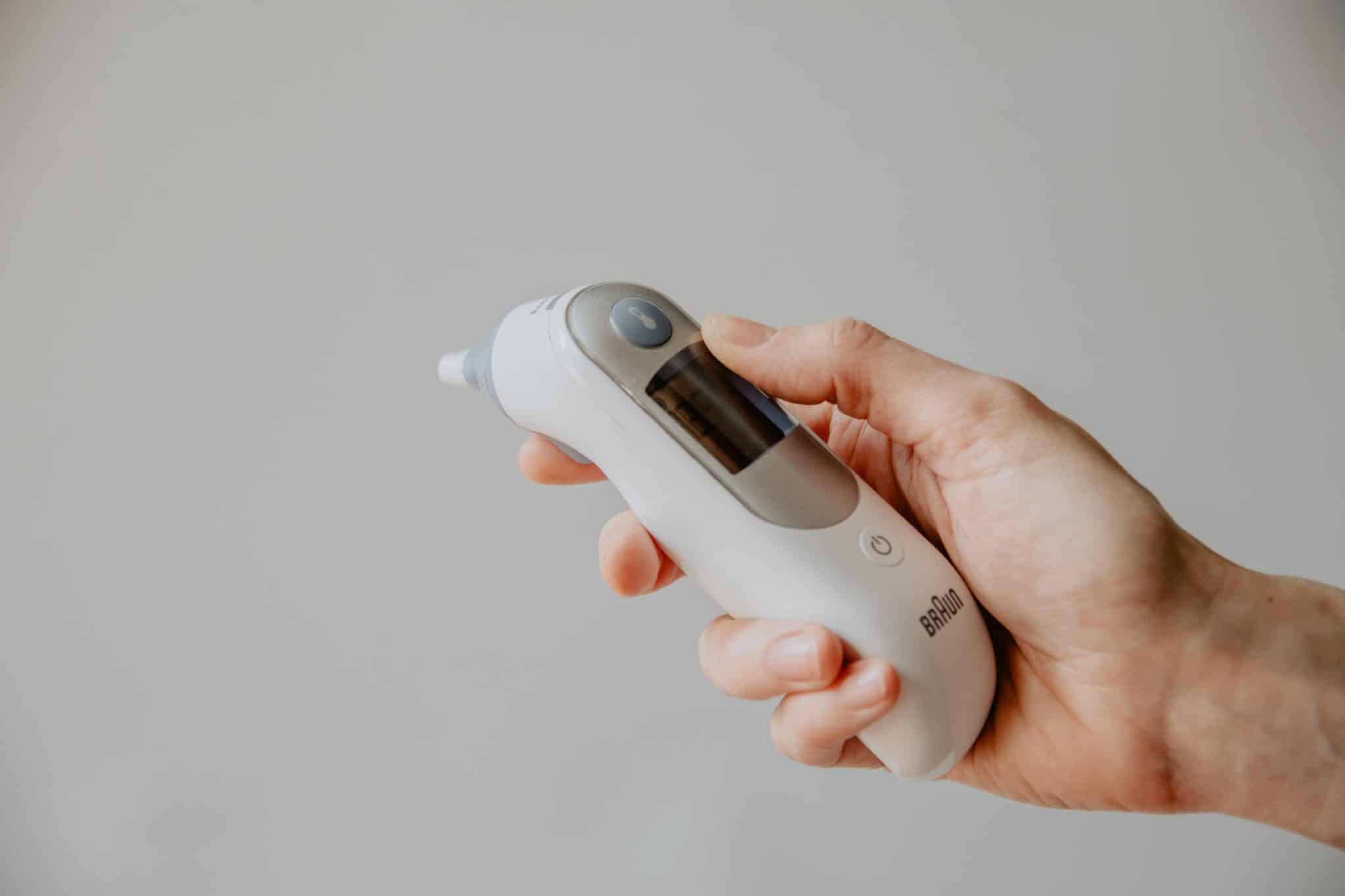Randon Herrera is a student at Harvard Law School.
On Sunday, the Department of Labor issued new guidance clarifying gig workers’ eligibility for unemployment benefits under the CARES Act—the federal government’s coronavirus relief package. The guidance answers some key questions about the administrability of these benefits. For instance, some worried about the lack of clarity about whether, and to what extent, states should verify a worker’s need to stay home to take care of a child due to a school closure. The guidance attempts to answer this ambiguity by specifying that states should require applicants to self-certify their claim under penalty of perjury.
Due to a lack of consistent federal guidance, retail and grocery store workers are experiencing varying degrees of safety precautions in their workplaces, according to CNN. Walmart plans to take employee temperatures before they start work each day. Target does not. Target is providing, and strongly advising, their workers to use gloves and masks. Walmart is also providing gloves and masks, but only if workers want them. Home depot is providing thermometers to their employees, but not gloves and masks. Lowes is essentially doing the opposite. While the Occupational Safety and Health Administration (OSHA) has provided guidance on workplace safety during the current pandemic, the guidance is only advisory.
The American Federation of Government Employees (AFGE) is suing the federal government for COVID-19-related hazard pay on behalf of federal employees. Specifically, the suit is being brought on behalf of employees of the Bureau of Prisons, Department of Agriculture, and Department of Veterans Affairs. The plaintiffs claim that they were not provided with personal protective equipment, despite working in close proximity with individuals who tested positive for COVID-19. According to an AFGE press release, as many as 1000 individuals were exposed to COVID-19 in the Louisiana federal prison where three of the plaintiffs work.
According to one expert, relaxing certain work visa laws can help bolster the capacity of the US healthcare system as it becomes more burdened by COVID-19 in the coming days and weeks. In an interview with Forbes, founding member of Klasko Immigration Law Partners, William Stock, highlights immigration policies that prevent many foreign healthcare workers from fighting on the frontlines of the epidemic in the US. For example, he notes that doctors on H-1B visas are prevented from working for an employer other than the one who sponsored their visa, and that they can’t relocate to another work area without overcoming major Department of Labor hurdles. This makes relocating these doctors to areas in desperate need, like New York, incredibly burdensome.
The Supreme Court won’t review a Ninth Circuit ruling that raised the issue of whether the Equal Employment Opportunity Commission (EEOC)’s power to investigate and request broad employment documents from a company relating to an employee’s EEOC claim ends after that employee files a discrimination lawsuit. The Ninth Circuit decision was not published and therefore does not have binding authority, but it does conflict with a Fifth Circuit ruling.






Daily News & Commentary
Start your day with our roundup of the latest labor developments. See all
December 11
In today’s News and Commentary, Biden’s NLRB pick heads to Senate vote, DOL settles a farmworker lawsuit, and a federal judge blocks Albertsons-Kroger merger. Democrats have moved to expedite re-confirmation proceedings for NLRB Chair Lauren McFerran, which would grant her another five years on the Board. If the Democrats succeed in finding 50 Senate votes […]
December 10
In today’s News and Commentary, advocacy groups lay out demands for Lori Chavez-DeRemer at DOL, a German union leader calls for ending the country’s debt brake, Teamsters give Amazon a deadline to agree to bargaining dates, and graduates of coding bootcamps face a labor market reshaped by the rise of AI. Worker advocacy groups have […]
December 9
Teamsters file charges against Costco; a sanitation contractor is fined child labor law violations, and workers give VW an ultimatum ahead of the latest negotiation attempts
December 8
Massachusetts rideshare drivers prepare to unionize; Starbucks and Nestlé supply chains use child labor, report says.
December 6
In today’s news and commentary, DOL attempts to abolish subminimum wage for workers with disabilities, AFGE reaches remote work agreement with SSA, and George Washington University resident doctors vote to strike. This week, the Department of Labor proposed a rule to abolish the Fair Labor Standards Act’s Section 14(c) program, which allows employers to pay […]
December 4
South Korea’s largest labor union began a general strike calling for the President’s removal, a Wisconsin judge reinstated bargaining rights for the state’s public sector workers, and the NLRB issued another ruling against Starbucks for anti-union practices.